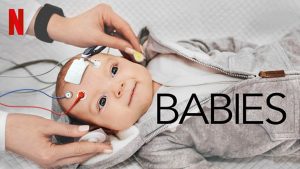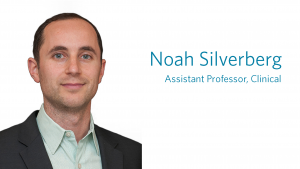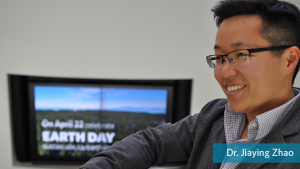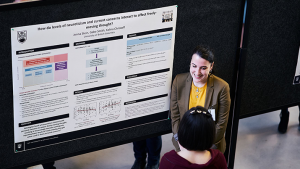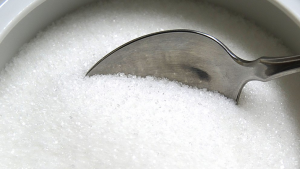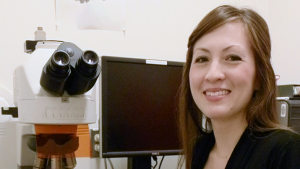Netflix ‘Babies’ series features Dr. Kiley Hamlin’s developmental research
Dr. Kiley Hamlin, a professor in the department of psychology, is one of 36 internationally recognized scientists featured in Babies, a new Netflix docuseries released earlier this year.
Psychology researchers receive SSHRC funding to advance their research
Drs. Janet Werker and Sheila Woody awarded funding from the 2019-20 SSHRC partnership grant and partnership development grant competition.
Dr. Noah Silverberg makes the move from clinical neuropsychologist to clinical professor
UBC Psychology welcomes new faculty member, Dr. Noah Silverberg, as assistant professor in the clinical area. Dr. Silverberg joins us from UBC’s faculty of medicine and GF Strong Rehabilitation Centre.
Earth Day Q&A with Jiaying Zhao: The impact of scarcity on making sustainable purchasing decisions
Jiaying Zhao shares new research findings and some factors around making green consumer choices.
The social psychologist’s guide to making people stay home
Dr. Azim Shariff, who specializes in applied moral psychology, speaks on how people are responding to COVID-19.
COVID-19: Studying risk and resilience in times of stress
The Depression, Anxiety, and Stress Lab is researching how people are coping during the COVID-19 pandemic—with the hopes that this information will help people over the coming months.
The honour roll call: conversations with psychology honours students
UBC Psychology’s honours program provides advanced training in psychological research to outstanding students intending to pursue graduate studies.
UBC health psychologists launch global research project to study the psychological impact of COVID-19
Dr. Anita Delongis and Dr. Nancy Sin want to know how people are coping with the Coronavirus disease pandemic.
New research: High sugar diet may impair metabolic health and maternal care after pregnancy
The study investigated the effects of a high sugar diet on hormone levels and markers of metabolic function in female rats.
New study looks at the effects of aging on testosterone in the brain
This research raises the possibility that some areas of the brain have the capacity to buffer themselves against drops in testosterone in the blood by simply making their own.
